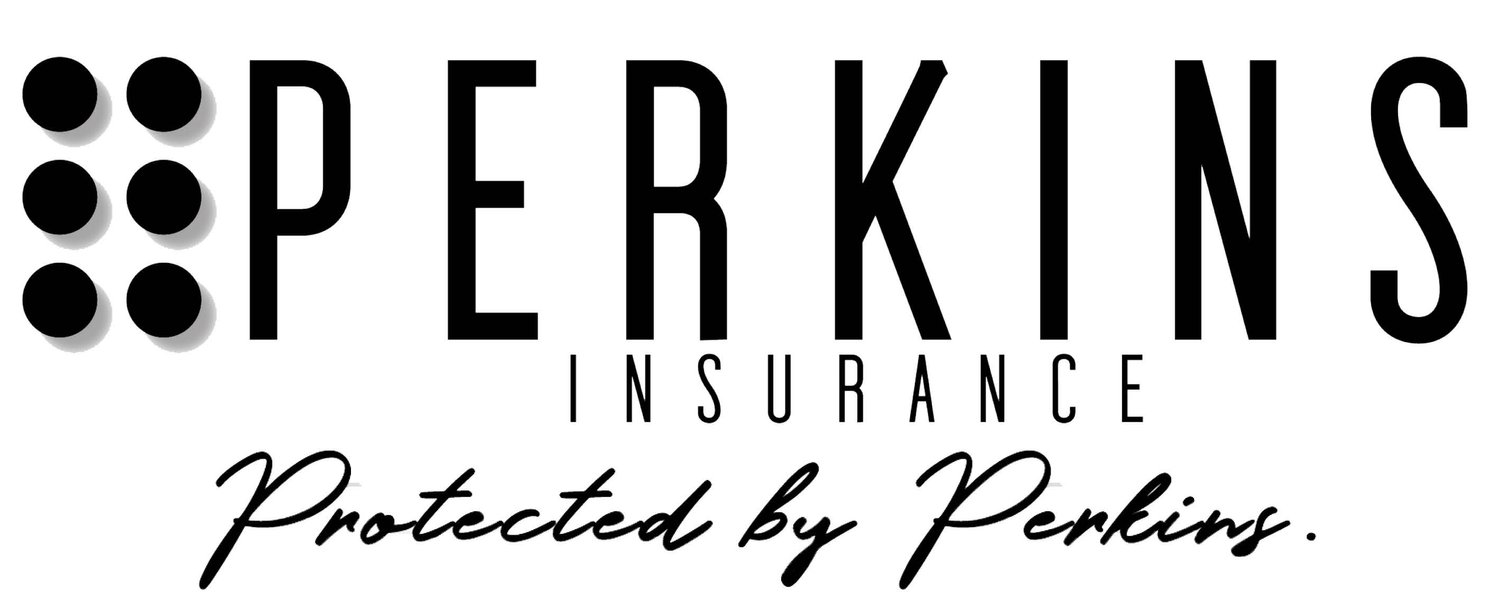Should I File a Small Claim in This Turbulent Insurance Market?
Tree down in a yard
The world of insurance is dynamic, constantly evolving and adapting to new challenges. In recent times, the homeowners' insurance market in the United States has faced unprecedented challenges. AM Best, the world’s largest credit rating agency for insurance, recently downgraded the entire homeowners' market, causing the outlook to shift from stable to negative. This downgrade was largely attributed to the increasing frequency and severity of claims, as well as the persistent impact of rising inflation. The insurance industry, as a whole, experienced a loss ratio of 103 percent in 2022, marking the first time in decades that the entire industry operated at a loss. These factors have made the last 18 months to two years particularly challenging for the insurance sector, and 2023 appears to continue this trend with claims continuing to be a problem.
But what about small claims, those incidents that don't result in a total loss, such as a damaged roof or a minor vehicle accident? In an environment where deductibles are on the rise and insurance companies are looking to reduce both the frequency and payout of claims, consumers must consider the implications of filing small claims. Here at Perkins Insurance, we want to educate our clients about the impact of small claims and advise them why it might be a good time to think twice before filing them.
The Impact of Small Claims
Small claims, like minor hail damage to your home or a fender-bender in your car, can sometimes be more costly than they appear. As deductibles are creeping up, the amount you'll need to pay out of pocket before your insurance kicks in has increased. Many small claims range between $3,000 and $5,000, which is a significant amount of money for most people. While these claims might seem like a perfect reason to tap into your insurance coverage, there are compelling reasons to carefully consider before filing them.
The Importance of Agent-Consumer Conversations
Your insurance agent is your trusted advisor in the complex world of insurance. They can provide valuable insights into when it's in your best interest to file a claim and when handling the situation out of pocket might be wiser. In today's climate, where insurance companies are grappling with financial challenges, these conversations with agents have never been more critical. Agents can help you understand the long-term financial implications of filing a claim, the impact on your premiums, and the potential consequences of increased claims frequency.
Why Consider Handling Small Claims Out of Pocket
Assisting Insurers in Becoming Profitable: As the insurance industry faces ongoing financial challenges, it's important for policyholders to understand that insurance companies need to become profitable again. This involves slowing down claims frequency and reducing claims payouts.
Reducing the Impact on Premiums: Filing small claims can lead to increased premiums. If you're financially capable of handling the claim out of pocket, it might be more cost-effective in the long run.
Mitigating Rate Increases: The outlook for 2024 seems hopeful, with the anticipated rate increases already implemented in 2023. These rate increases are expected to help the insurance industry return to profitability, but until then, consumers should exercise caution when filing claims.
Real-Life Examples
Consider the case of a homeowner who experienced a minor water leak that caused about $3,000 in cleanup and restoration expenses. Or the driver who accidentally backed into a mailbox, resulting in around $4,000 in damage to their vehicle. In these situations, filing a claim may seem like a logical choice. Still, with increasing deductibles and the potential for rising premiums, paying for these expenses out of pocket could be a more prudent financial decision.
The insurance landscape is undergoing significant changes, and small claims are now more impactful than ever. Consumers, homeowners, and auto drivers should engage in open and informed conversations with their insurance agents to make well-informed decisions. When financially feasible, handling small claims out of pocket can contribute to the stability and profitability of the insurance industry—while also ensuring that your insurance remains affordable in the long term. While small claims may seem like a quick solution, the potential repercussions include increased insurance rates and deductibles, industry-wide premium hikes, or even the risk of your carrier discontinuing your coverage. Policyholders must consider their options and the bigger financial picture before automatically filing claims.
The Perkins team of advisors have decades of experience in the insurance industry, and love to serve as your advocate for every part of the insurance process, including helping you decide if the time is right to file a claim. That’s what it means to be Protected by Perkins. Contact us today for more information or a free review of your current insurance coverage.

